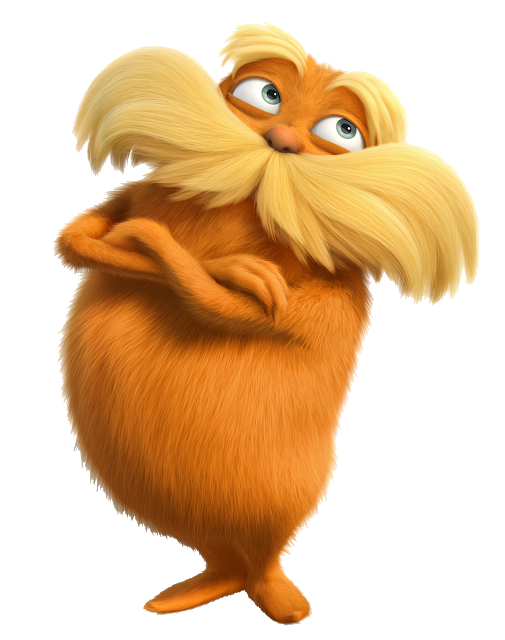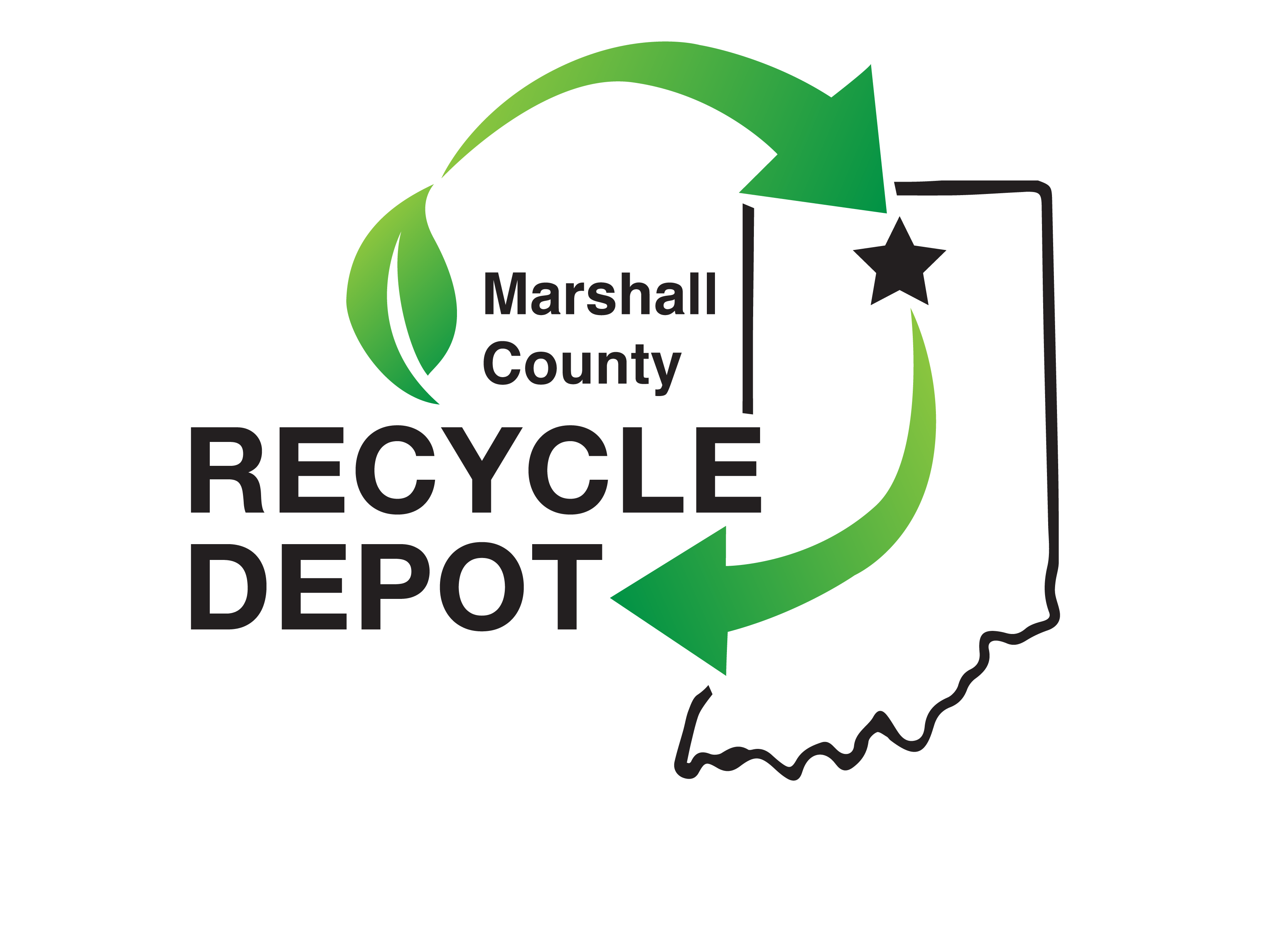Education Programs For Children
We are excited to offer free eco-education programs, designed for all students from Pre-K through 12th grade, including diverse learners (Special Education and Applied Skills classrooms.) We have tailored our STEM programs to engage young minds and instill the importance of environmental stewardship from an early age. Scroll down to see our list of programs!
Our lesson plans include interactive activities, hands-on projects, and multimedia resources that make learning about the environment fun and memorable. From sorting games for the youngest learners to in-depth projects for high school students, our programs cater to various learning styles and age groups. By integrating our programs into your classrooms, you will not only meet educational standards, but also empower students to make a difference in their communities. Together, we can cultivate a generation of learners who are equipped with the knowledge and skills to protect our planet.
To enroll your school or learn more about our free programs, please fill out the form and reserve a time or contact us directly by calling the office at 574-935-8618.
Cherie Ramirez, Education Coordinator
Cramirez@myrecycledepot.org
List of Educational Programs for 2024-2025
We have programs ready to go for your classroom! All of them conform to Indiana State School curriculum standards, and each lesson can be adjusted to meet your grade level or lesson plans. We are flexible; if you have a topic you would like us to cover that you do not see on the list, just let us know.
- The Lorax (Pre-K and K). Learn about caring for the environment through a classic Dr. Suess story! Students engage in fun activities that relate to the story and provide opportunities to understand how desforestation affects the environment and the animals that live there.
- Recycle Race (Grade 1). What goes in the recycle bin? This fun activity helps kids recognize different materials and introduces them to the ideas of reducing, reusing, and recycling.
- Edible Landfill (Grade 2). Landfills aren’t just a hole in the ground! Kids “build” their own landfill using edible materials while learning how landfills are engineered to protect the environment.
- What’s in the Water? (Grade 3). We investigate the world of macroinvertebrates and learn what they have to teach us about water quality!
- Vermicomposting (Grade 4). Kids learn about soil science and the important role that worms and other creatures play in soil fertility. They also learn how to compost at home using worms or traditional composting methods!
- Junkbot (Grade 5). Kids build their own Junkbot using recyclable materials and explore ideas about reducing and reusing waste.
- Food Waste (Grade 6). How does composting reduce food waste? Why is food waste something we do not want to send to landfills? Kids learn strategies for reducing food waste at home and school.
- Plastics 101 (Grade 7). Did you know there are 7 types of plastic? Which ones are recyclable? Which ones aren’t? Kids learn about the origins of plastic, why it is such an important environmental issue, and how plastic is recycled.
- Renewable Energy (Grade 8). How do electrons become energy? What is “renewable” energy? Kids learn about wind and solar energy using hands-on experiments with solar/wind energy kits.
- The Problem of Waste (Grade 9). Waste and pollution are problems all over the world. What are ways we can help reduce waste right where we are? Kids learn about waste systems and how to be more responsible with our waste.
- Climate Change (Grade 10). We hear about climate change, but how does it really affect us where we are? Through this lesson, kids are empowered to see solutions to this problem and how they can take action.
- Earth’s Resources (Grade 11). What natural resources are being used in our everyday objects like batteries and plastics? Students study ways to conserve natural resources more effectively.
- Pollution (Grade 12). Where does pollution come from, and why is it a threat to our environment? Students study the origins and effects of all types of pollution and discover ways they can play a part in reducing it.

